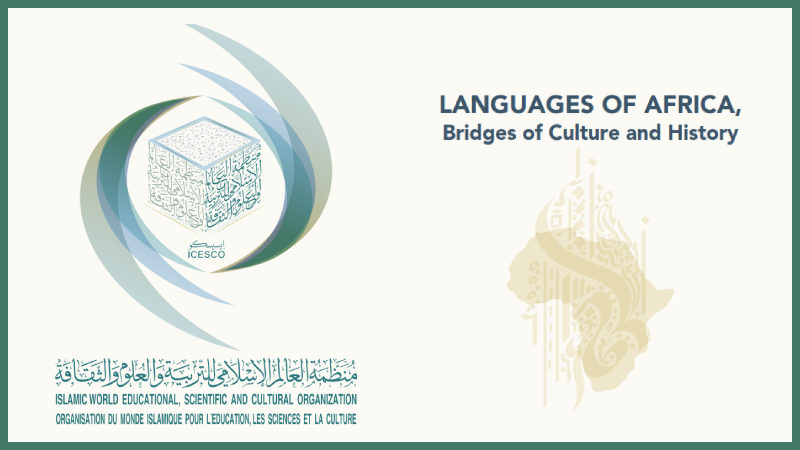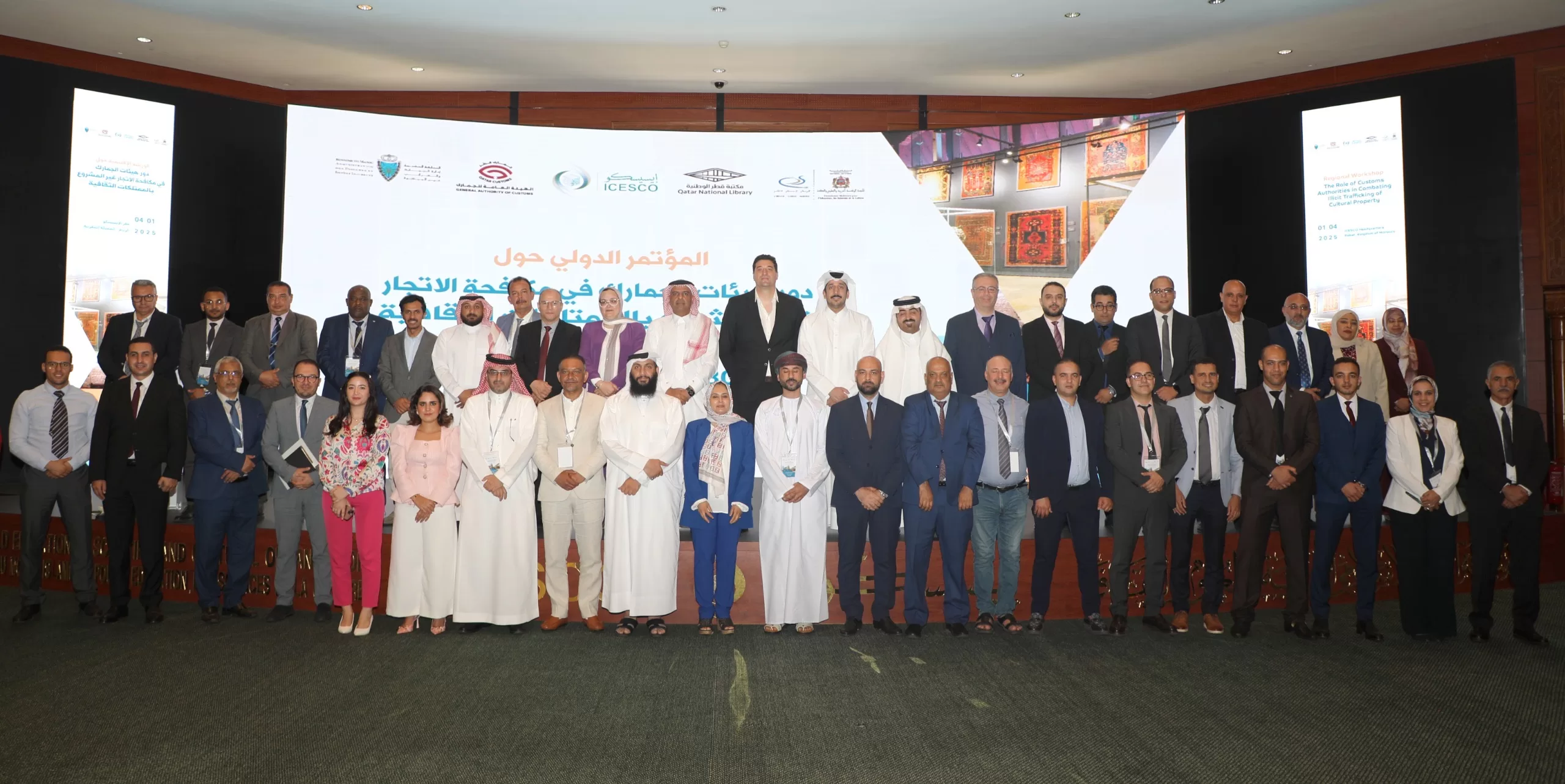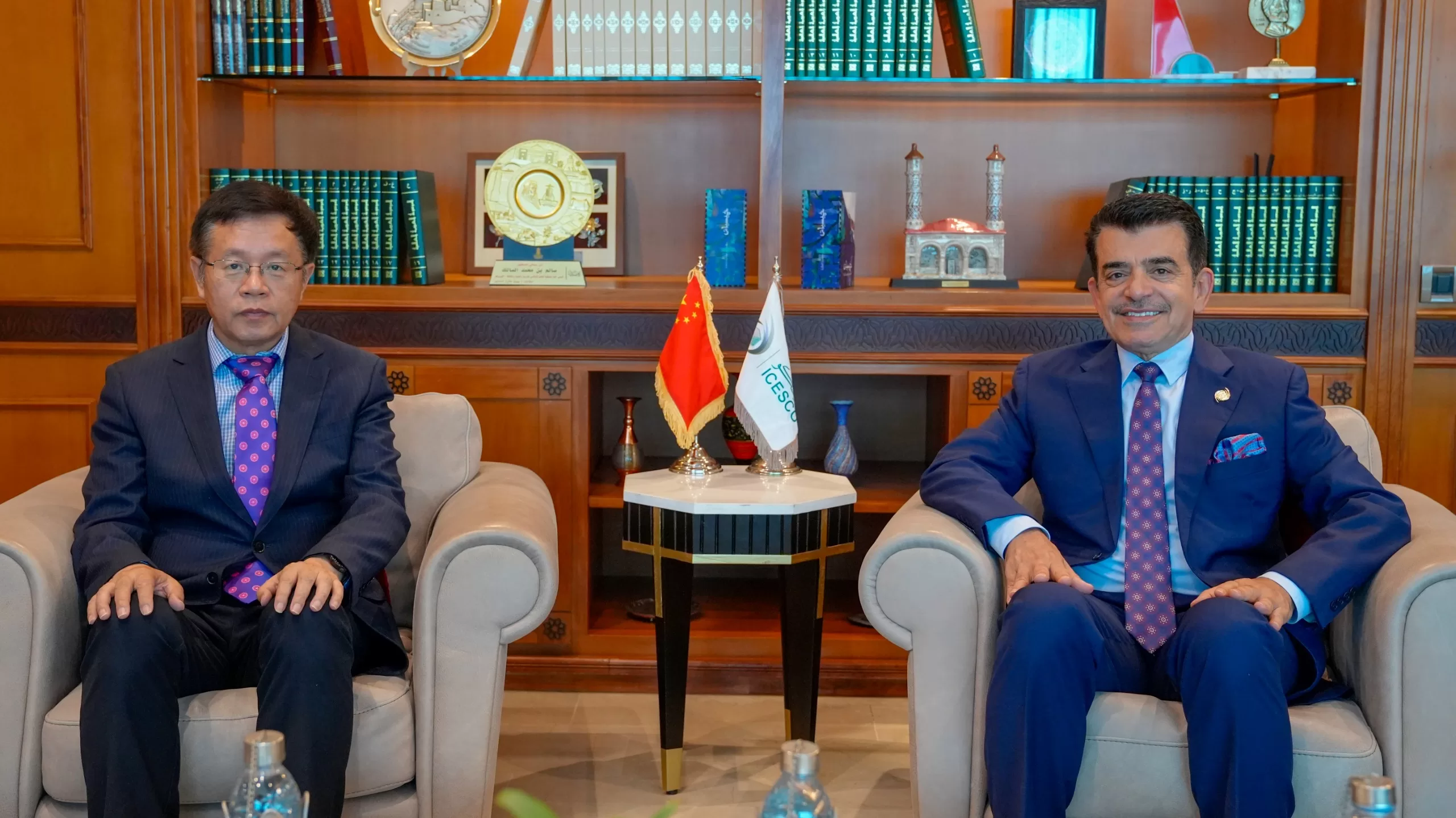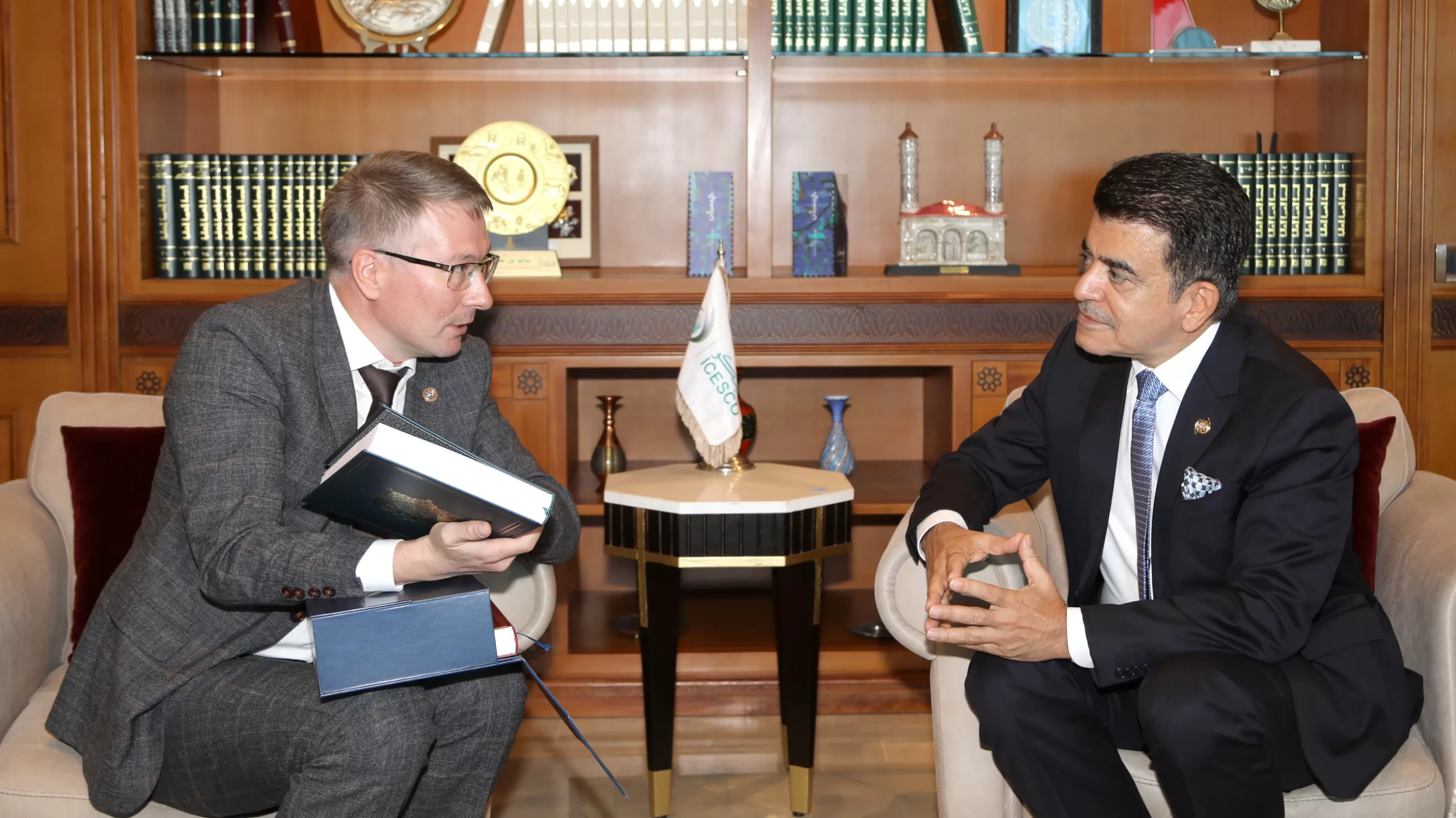
ICESCO addresses African communities in their local languages to raise awareness about the dangers of the new Coronavirus

4 June 2020
As part of the program “Languages of Africa, Bridges of Culture and History” previously launched by the Islamic World Educational, Scientific and Cultural Organization (ICESCO), the Organization posted, on its YouTube channel, website and social media accounts, a video in the Hausa, Swahili, Mandingo, Fulani, Wolof, Fur, and Nubian languages to address the broader public in the Sub-Saharan countries as a contribution to raising their awareness through their local languages about the methods of protection from Covid-19 and ways to halt its spread. The effort falls within the framework of “ICESCO Digital Home” initiative supporting the Member States, especially the neediest countries most exposed to the risks of the current world health crisis triggered by Covid-19.
As part of the same initiative, ICESCO posted in May on its website several infographics in the abovementioned languages to ensure health education and raise preventive awareness. These infographics are downloadable to provide universal access to it. These materials can be found through the link:
https://www.icesco.org/%d9%84%d8%ba%d8%a7%d8%aa-%d8%a5%d9%81%d8%b1%d9%8a%d9%82%d9%8a%d8%a7-%d8%ac%d8%b3%d9%88%d8%b1-%d8%a7%d9%84%d8%ab%d9%82%d8%a7%d9%81%d8%a9-%d9%88%d8%a7%d9%84%d8%aa%d8%a7%d8%b1%d9%8a%d8%ae/
Through this awareness-raising video in the local languages of the African communities, ICESCO aims to highlight the crucial role of the local languages of the Sub-Saharan African peoples in disseminating basic knowledge and facilitate awareness and guidance for all social groups. It also seeks to add further efficiency to the programmes of health information and prevention education in Africa, ensure their dissemination to various social groups, promote the cultural, social and educational roles of the African languages, and keep these languages up-to-date with the information technology and benefit from digital publishing through the internet and social media.
It is worth mentioning that “Languages of Africa, Bridges of Culture and History” falls within a joint project with the Islamic Development Bank (IsDB) to use the Arabic script in writing the languages of the Muslim communities in Africa. It consisted of educational, scientific, cultural and awareness-raising aspects and includes three ambitious programmes, in cooperation with the International University of Africa in the Republic of the Sudan (Yusuf Al Khalifa Center for Writing Languages in the Arabic Script), including a programme for computerizing the African languages by designing computer keyboards of fifteen languages and developing specialized software for the automated Arabic script. The second programme aims to improve the writing system of the African languages in the Arabic script by providing educational tools and materials, organizing training sessions for experts on the Arabic script, and preparing reading materials and teacher’s guide and educational media. The third programme aims to establish academic chairs on Arabic script.



